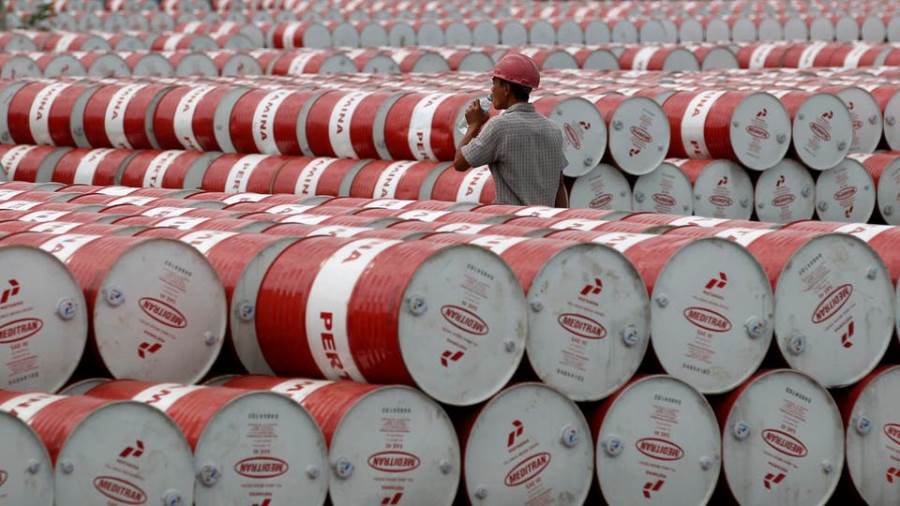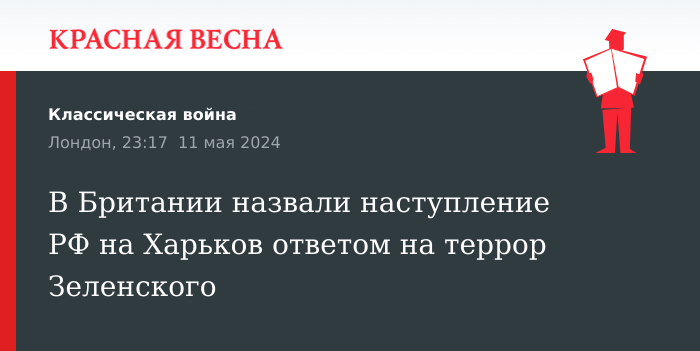Freedom Flotilla's Humanitarian Mission to Gaza Thwarted Amidst Accusations of Political Interference
The humanitarian effort to break the Israeli blockade of Gaza has hit a major roadblock, with political implications rippling through the international community.
Published April 28, 2024 - 00:04am

Image recovered from washingtonexaminer.com
The Freedom Flotilla Coalition's humanitarian initiative to provide essential supplies to Gaza has faced a significant setback as their ships were denied the right to sail under the flag of Guinea-Bissau, a move described by the organization as a response to political pressures from Israel. The coalition, composed of various international pro-Palestinian organizations, aims to counteract the Israeli blockade, which has been in place since 2007, by delivering humanitarian aid to the beleaguered population of Gaza.
Reports confirm that the Guinea Bissau International Ships Registry (GBISR) withdrew consent for the legal registration and flag use for two FFC ships, citing the mission's planned destination. This action has effectively halted the flotilla, which seeks to deliver over 5,000 tons of much-needed humanitarian assistance including food, water, and medical supplies.
The United States Agency for International Development (USAID) expressed concern over the 'imminent' famine and 'catastrophic levels of hunger and malnutrition' in northern Gaza. USAID is coordinating with the United Nations World Food Program to circumvent the blockade and facilitate the delivery of aid to Gaza. The international community, including the office of the UN High Commissioner for Human Rights, has admonished Israel to adhere to international law and not impede the flotilla's mission. They assert the fleet's right to safe passage in international waters and call for Israel to ensure unhindered access to humanitarian relief as per the directives of the International Court of Justice.
The flotilla's endeavors have been further publicized by political figures in Spain, expressing their resolve to continue the mission despite the current obstacles. The coalition remains committed to finding alternatives to the blockade, showing a united front in the face of adversity and steadfast commitment to the people of Gaza. The frustration of international participants and organizations involved has been palpable, yet it only strengthens their determination to persevere against what they call 'Israel's deliberate starvation and illegal siege' of Palestinians in Gaza.
In 2010, a similar attempt by the Freedom Flotilla ended tragically when Israeli commandos stormed the Mavi Marmara in international waters, resulting in casualties and international controversy. With this history, the coalition emphasizes the importance of maintaining humanity, dignity, and hope for the people of Gaza, indicating that their efforts will continue in defiance of the blockade.
The setback faced by the Freedom Flotilla Coalition (FFC) comes amid heightened tensions and ongoing discord concerning the Israeli-Palestinian conflict. The blockade of Gaza has long been a point of contention, with Israel asserting that it is necessary to prevent weapons from reaching Hamas, which governs the territory and is considered a terrorist organization by Israel, the United States, and the EU, among others. The blockade's critics, however, argue that it collectively punishes Gaza’s civilian population, approximately half of whom are children, and constitutes a violation of human rights.
Humanitarian organizations and activists have repeatedly raised alarms about the deteriorating conditions in Gaza, where residents face chronic power shortages, limited access to clean water, and severe restrictions on movement. The COVID-19 pandemic has further exacerbated the situation, highlighting the scarcity of medical resources and the overcrowded living conditions that can accelerate the spread of the virus.
While the withdrawal of the FFC ships' registration by the GBISR might be a significant obstacle, it also highlights the complex interplay of international politics and humanitarian efforts. The FFC's initiative operates within a complex global landscape where state sovereignty, maritime law, international relations, and human rights intersect. The coalition's challenge now is to navigate these troubled waters by seeking new flag states willing to register their vessels or by exploring alternative routes and methods to deliver aid to Gaza.
Spanish support for the flotilla remains a critical element of the international backing for the initiative. Spain's involvement underscores the pan-European concern for the humanitarian crisis unfolding in Gaza and represents a broader sentiment in favor of ensuring that international humanitarian efforts are not impeded. This episode serves as a testament to the larger movement advocating for an end to the blockade and seeking a peaceful resolution to the ongoing conflict.
Despite the current impasse, those involved with the flotilla remain undeterred and are calling upon the international community to help address the dire humanitarian crisis. Activists and human rights advocates are intensifying their efforts to garner support from governments and NGOs worldwide, aiming to apply diplomatic and public pressure to facilitate the mission's goals. The objective remains clear: to deliver hope and much-needed humanitarian assistance to the people of Gaza, thereby providing a lifeline amidst unrelenting hardship.
The international community continues to observe the Freedom Flotilla Coalition's situation closely, as it stands as a barometer for the broader struggle over humanitarian access and the quest for lasting peace in the region. The coalition, for its part, has vowed that it will not be dissuaded from its humanitarian mission and that it will continue to explore all possible avenues to fulfill its commitment to the people of Gaza. With the memory of the 2010 incident as a sobering reminder of the risks involved, the flotilla's organizers stand more adamant than ever to ensure the safety and success of their peaceful endeavor.
:quality(70):focal(2025x765:2035x775)/cloudfront-eu-central-1.images.arcpublishing.com/irishtimes/ESPZ6S5I2NFTRKCQX5QHOMUJYI.jpg)






